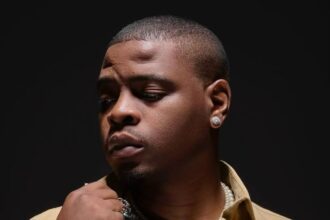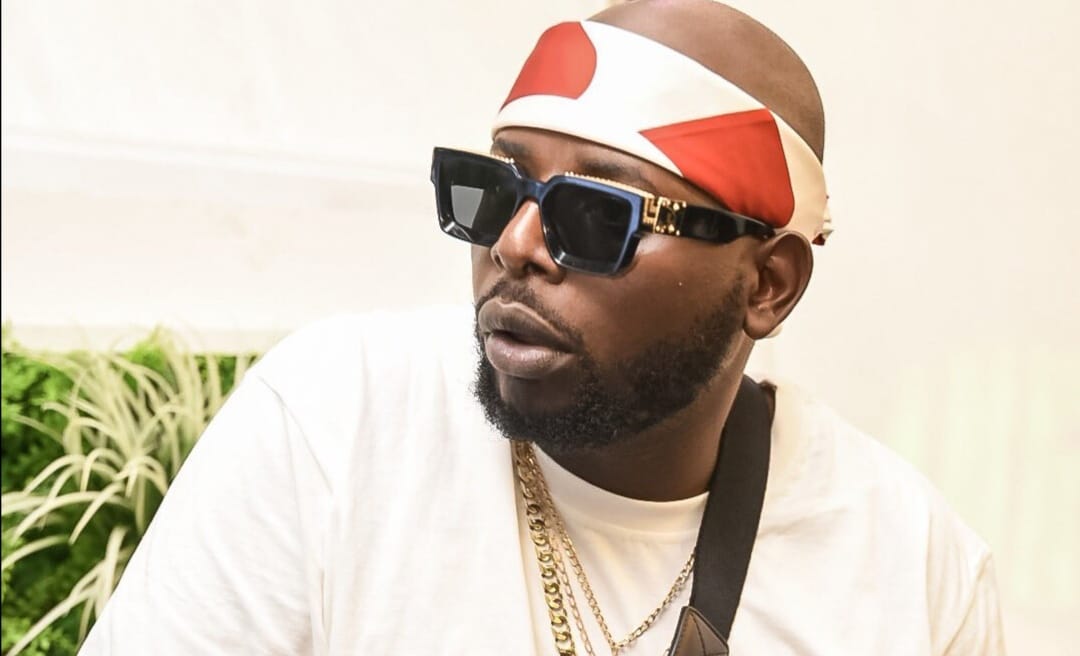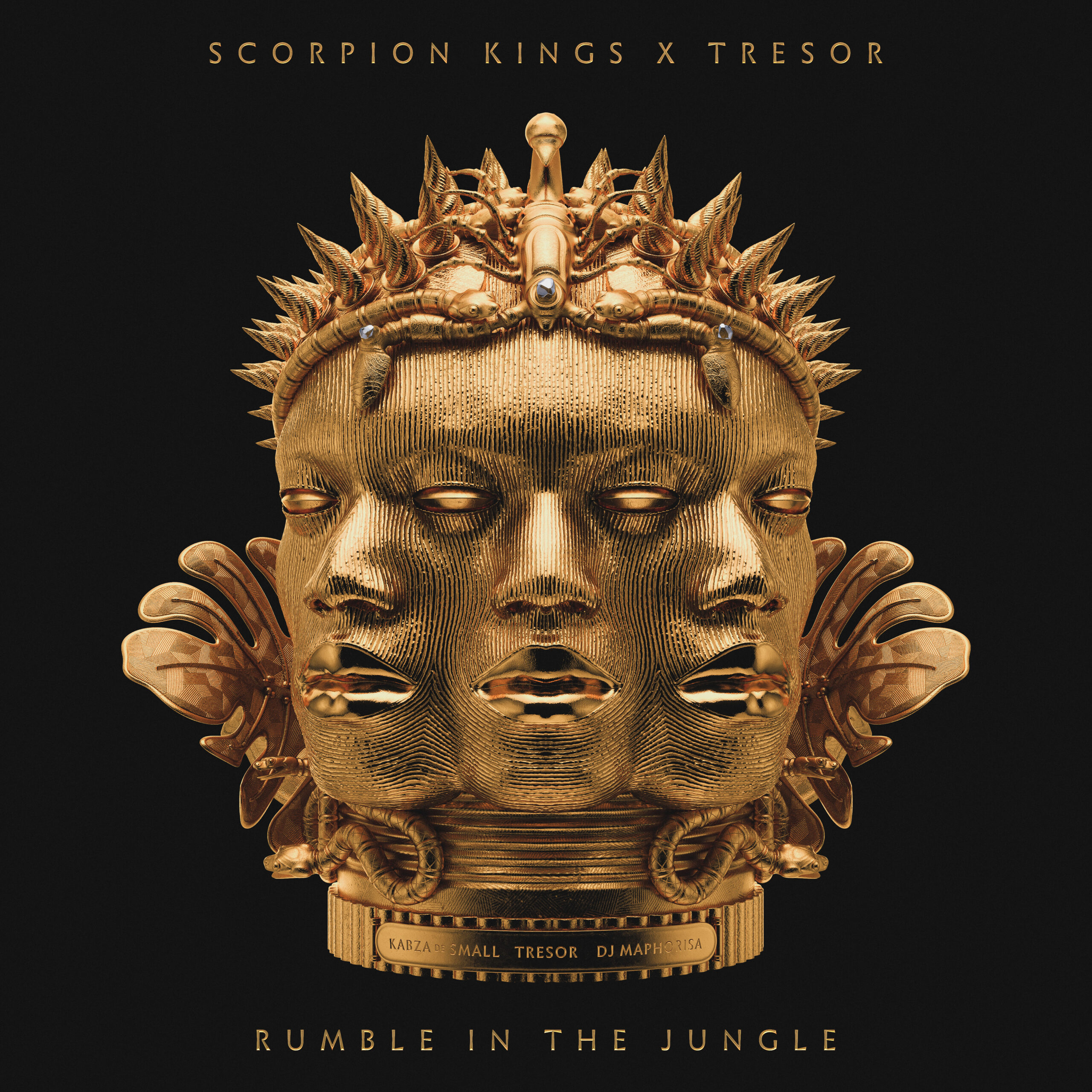DJ Maphorisa On How He Makes Songs Blow Up. Themba Sonnyboy Sekowe, popularly known by his stage name DJ Maphorisa, is a South African record producer, DJ and vocalist. He has become the pioneer of amapiano music ever since the sound became the fastest growing popular genre in Mzansi. He has since been producing smash hits that continue to make waves in the music industry till date.
“Amapiano was a term that we used to diss a song that didn’t fit neatly into the gqom or house music categories, which were the popping mainstream sounds back then. At some point, amapiano really sounded ratchet and too jazzy, especially to fans of deep house music,” says Maphorisa when explaining the word amapiano to describe music.
DJ Maphorisa says he there are many techniques he use to make songs blow up, he explains: “How it usually happens is that we’ll either do an ordinary or exclusive mix, then publish it. People start paying attention to it — some music bloggers will distribute it on their blogs, websites and YouTube channels. That’s generally how our songs start growing. This usually helps us measure a track’s potential because, the truth of the matter is that, we have a lot of songs but not all of them are going to be massive hits. There’s a trend to this thing! Most songs that made it big were because someone posted a video of, either, myself or Kabza DJing or dancing to it. Social media dance challenges also help songs blow up. Lastly, a big shout out to TikTok for always putting us on!”
Phori also described why all of his collaborations with different artists were success. “I think it was chemistry. The energy was really good. When we dropped the very first Scorpion Kings album, I snapped and said, ‘We’ve got seven good songs, we’re releasing this thing!’ I didn’t even consult Kabza because he would have told me to wait. On the first Scorpion Kings album, there was only one melodic song. At the time, amapiano producers were switching things up — from Kabza’s ‘Umshove’ came De Mthuda with ‘Shesha Geza’. That was the first melodic amapiano song. Before then, amapiano was more kwaito-ish rapping and chanting, and no real singing. The switch-up meant that everyone could now sing on amapiano. Then we did “Amantombazane” with Samthing Soweto and injected some soul into the genre. This song became another game-changer, and every amapiano producer went back to studio and started using more vocalists. On the same album, we had “Vula Vala” featuring Nokwazi and Vigro Deep,” he added.










